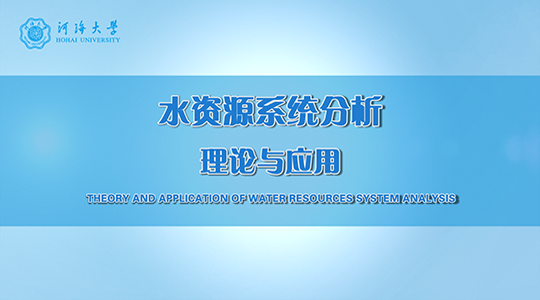
当前课程知识点:口译:理论与实践 > Unit 3 口译记忆 > Lecture 1 口译记忆的类型 > Lecture 1 口译记忆的类型
Hello everyone
Nice to see you again
This is the online course
Interpreting: Theory and Practice
I’m your lecturer Catherine
Starting from this lecture
we move to unit 3: memory enhancement
You may already know that a strong memory
helps facilitate interpreting a great deal
But the fact is that not everyone
was born with a good memory
Most people have but an ordinary memory
Therefore
it’s quite necessary to train memory
if you want to do interpreting
Today our topic focuses on memory training
As is mentioned previously
memory plays a crucial role in interpreting
Without a good memory
it’s nearly impossible to store information
in your mind and output it
However
it does not mean that memory is beyond change
We do have some ways to enhance memory
Just follow me step by step and you’ll get onto it
Before we get down
to learning the specific memory enhancement skills
let’s look at Jeff’s example
Jeff
can you recall a particular event
that happened to you in middle school days
Yeah No big deal
I still remember our headmaster
bought watermelon to relieve our test pressure
during Dragon Boat Festival
If I read a string of numbers to you
can you still remember after a few minutes?
Hmm
I’m afraid I can’t that sounds tricky
Yes it is
But do you know why you can still remember something
that happened so many years ago?
I’m not sure
Are there any specific reasons?
Yes
It has something to do with our brain capacity
Our brain capacity allows us to retain information
either for a long time or for a short time
To be more specific
they refer to long-term memory and short-term memory
Long-term memory and short-term memory?
What are they exactly?
Well
They’ll be discussed today
I can’t wait to know more
Memory actually involves many different forms
We know that when we store a memory
we are in fact storing information
But what that information is
and how long it retains in our brain
determines what type of memory it is
According to psychologists
the biggest categories of memory
are short-term memory and long-term memory
based on the amount of time the memory is stored
Both can weaken due to age
or a variety of other reasons
and clinical conditions that affect memory
There are four characteristics of long-term memory
Firstly
it refers to our brain’s system for storing
managing and retrieving information
Secondly
long-term memory can last for just a few days
or for many years
Thirdly
Long-term memory isn’t static either
You do not imprint a memory and leave it as if untouched
Instead
you often revise the memory over time
As a result
your memories are not strictly constant
and are not always reliable
Unlike long-term memory
short-term memory is responsible
for storing information temporarily
and determining
if it will be dismissed or transferred on to long-term memory
STM is very brief When short-term memories
are not rehearsed or actively maintained
they last merely seconds
STM is limited
It is commonly suggested that short-term memory
can hold seven plus or minus two items
Given the nature of interpreting
short-term memory plays a major role in interpreting
Let’s look at an example
The following audio is in Chinese
Please listen to the audio and try to memorize it
Welcome back
Now assess your short memory ability
by retelling the source information as precisely as possible
This example is about the relation
between China and the UK
You’ll find it not difficult to remembe
If you can’t remember the whole of it
it doesn’t matter
In following three lectures
we’ll introduce some effective approaches
to train your memory
to extend the time of information storage
If you’re interested in interpreting
you can’t miss subsequent lectures
Well
this is the end of this lecture
Stay tuned
-Lecture 1 口译的定义及特点
-Lecture 2 口译的分类
-Lecture 3 口译员的素质
-Unit 1 单元测试
-Lecture 1 听取信息
-Lecture 2 逻辑分析
-Lecture 3 模拟演练
-Unit 2 单元测试
-Lecture 1 口译记忆的类型
-Lecture 2 口译记忆强化技巧一:原语复述
-Lecture 3 口译记忆强化技巧二:影子跟读
-Lecture 4 口译记忆强化技巧三:视觉化
-Lecture 5 模拟演练
-Unit 3 单元测试
-Lecture 1 口译笔记简介
-Lecture 2口译笔记常用符号
-Lecture 3 口译笔记记录方法
-Lecture 4 口译笔记案例详解
-Lecture 5模拟演练
-单元测试
-Lecture 1 英汉计数差异
-Lecture 2 常用数字表达
-Lecture 3 篇章数字口译
-Lecture 4 模拟演练
-单元测试
-Lecture 1 公共演讲技巧
-Lecture 2 口译基本方法
-Lecture 3 口译常见问题及应对方法
-Lecture 4 模拟演练
-单元测试
-Lecture 1 ECEC和CECE训练法
-Lecture 2 ECEC训练法模拟演练
-Lecture 3 CECE训练法模拟演练
-单元测试





